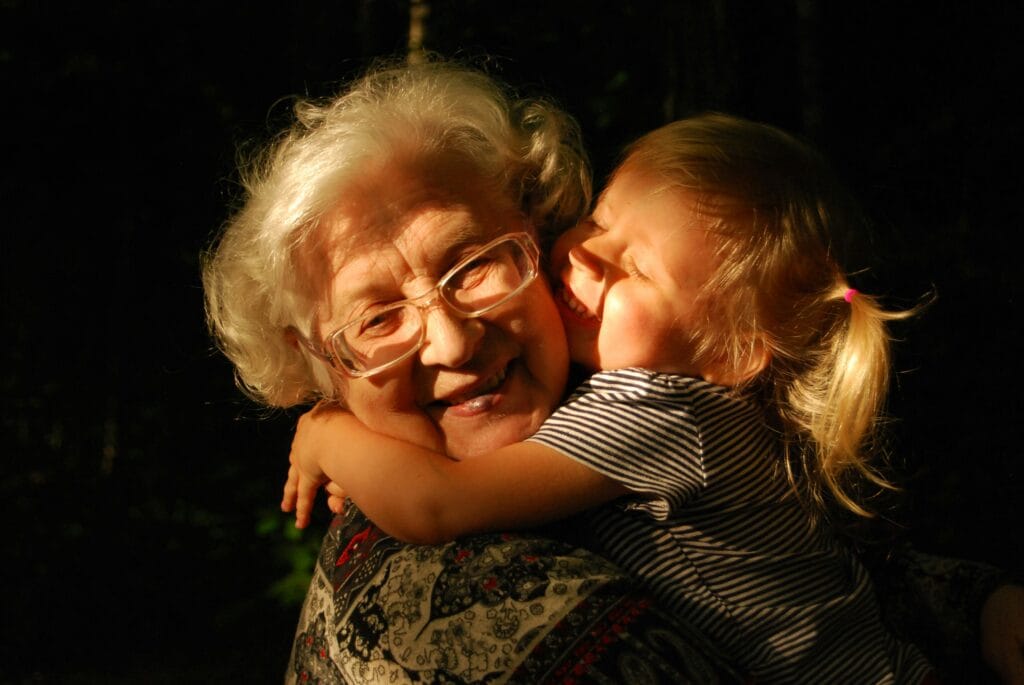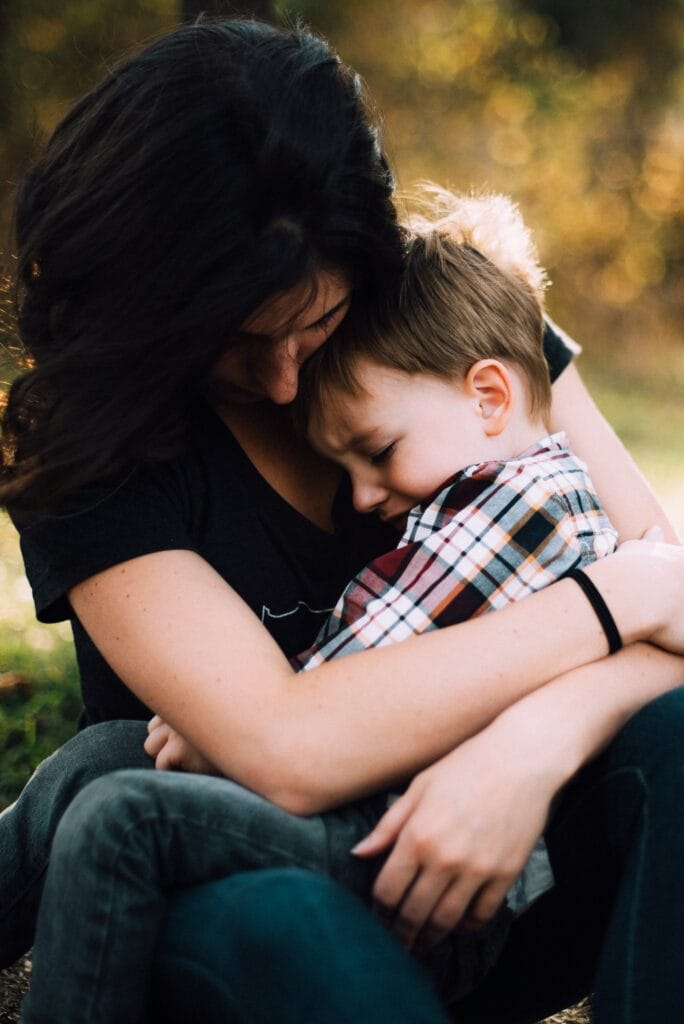In the hustle and bustle of modern life, it’s easy to overlook the simple yet profound act of cuddling your children. Often seen as a gesture of affection, cuddling goes beyond just making your little ones feel loved. It plays a crucial role in their emotional, physical, and psychological development. Here’s why cuddling your children matters and why you should make it a daily habit.

1. Emotional Bonding and Security
Cuddling fosters a deep emotional bond between parents and children. This physical closeness releases oxytocin, also known as the “love hormone,” which promotes feelings of trust and security. When children feel secure, they are more likely to develop a strong sense of self-worth and confidence. This emotional security is the foundation for healthy relationships later in life.
2. Boosts Brain Development
Physical touch, such as cuddling, has been shown to stimulate brain development in children. The act of cuddling increases the production of myelin, a substance that insulates nerve cells and enhances brain function. This boost in brain activity can improve cognitive skills, such as problem-solving, memory, and learning abilities.
3. Reduces Stress and Anxiety
In today’s fast-paced world, children can experience stress and anxiety just like adults. Cuddling helps to alleviate these feelings by lowering cortisol levels, the body’s primary stress hormone. A cuddle from a parent can provide comfort and reassurance, helping children to feel calm and more in control of their emotions.

4. Enhances Physical Health
Regular cuddling has been linked to improved physical health in children. It can strengthen the immune system, making children less susceptible to illnesses. Additionally, the act of cuddling promotes better sleep, which is essential for overall health and development. Well-rested children are more alert, focused, and ready to take on daily challenges.
5. Supports Social Skills
Children who receive regular physical affection are more likely to develop strong social skills. Cuddling teaches empathy and helps children understand non-verbal communication cues. These skills are vital for forming healthy, meaningful relationships with peers and adults alike. When children feel loved and supported, they are more likely to be kind, compassionate, and socially adept.
6. Encourages Positive Behaviour
When children receive regular cuddles, they are more likely to exhibit positive behaviour. Feeling loved and valued reduces the likelihood of acting out or seeking negative attention. Instead, children who are frequently cuddled tend to be more cooperative, content, and well-behaved. This positive reinforcement can lead to a more harmonious household and a happier family dynamic.
How to Incorporate Cuddling into Daily Life

Incorporating cuddling into your daily routine doesn’t require grand gestures. Simple acts like hugging your child before they head off to school, snuggling while reading a bedtime story, or sharing a warm embrace after a long day can make a significant difference. Make cuddling a natural part of your interactions, ensuring that your child feels loved and cherished every day.
Final Thoughts
Cuddling your children is more than just a comforting gesture; it’s an essential part of their growth and development. By making a conscious effort to cuddle your children regularly, you’re not only providing them with immediate comfort but also setting the stage for a lifetime of emotional and physical well-being. So, take the time to cuddle your children – it’s a simple act with profound benefits that will last a lifetime.
In a world where everyone is constantly on the go, taking a moment to cuddle your children can seem like a small, almost insignificant gesture. However, the impact of these moments is far-reaching, contributing significantly to your child’s development and well-being. So, embrace the power of cuddles and make it a daily ritual in your household. Your children will thank you for it, now and in the years to come.

